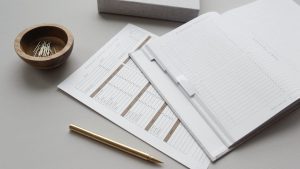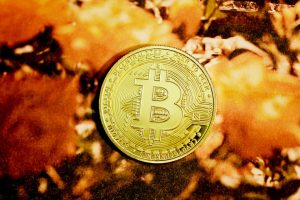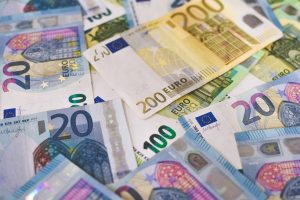Forex, also known as foreign exchange, is the largest financial market in the world. It is the buying and selling of currencies between countries, with the aim of making a profit from the fluctuations in exchange rates. Forex trading is a global market that is open 24 hours a day, five days a week, making it accessible to traders all over the world.
In essence, forex trading is the exchange of one currency for another. The exchange rate between two currencies is determined by market forces, such as supply and demand, economic and political events, and interest rates. Forex traders buy and sell currency pairs, such as the EUR/USD, USD/JPY, and GBP/USD, with the aim of making a profit from the difference in exchange rates.
The forex market is decentralized, meaning that there is no central exchange where all trading takes place. Instead, forex trading is conducted over the counter (OTC) through a network of banks, brokers, and other financial institutions. This means that there is no one central authority overseeing the market, and that forex trading is largely unregulated.
Forex trading is a high-risk, high-reward endeavor. Traders can make substantial profits by correctly predicting the direction of exchange rates, but they can also face significant losses if their predictions are wrong. As such, forex trading requires a great deal of skill, knowledge, and discipline.
One of the key factors in successful forex trading is understanding the fundamental and technical factors that affect exchange rates. Fundamental factors include economic indicators, such as GDP, inflation, and interest rates, as well as political events and news. Technical factors include chart patterns, trends, and indicators such as moving averages, relative strength index (RSI), and Bollinger bands.
Another important aspect of forex trading is risk management. Traders must be able to manage their risk exposure, by limiting their losses and maximizing their profits. This can be achieved through the use of stop-loss orders, which automatically close out a trade when a certain level is reached, and take-profit orders, which automatically close out a trade when a certain profit level is reached.
In order to start trading forex, traders need to open a trading account with a broker. Brokers are intermediaries between traders and the forex market, and offer a range of trading platforms, tools, and resources to help traders make informed decisions. Brokers earn their income by charging a commission or spread on each trade.
One of the most popular trading platforms for forex traders is MetaTrader 4 (MT4). MT4 is a comprehensive trading platform that offers a range of charting tools, indicators, and automated trading systems. It also allows traders to create and backtest their own trading strategies, and provides access to a wide range of financial markets, including forex, stocks, and commodities.
Forex trading is a complex and challenging activity, but it can also be highly rewarding for those who are willing to put in the time and effort to learn the necessary skills and strategies. By understanding the fundamentals of forex trading, managing risk effectively, and using the right tools and resources, traders can increase their chances of success in this dynamic and exciting market.






